News
Web 4.0: Europe’s Vision for the Digitalization & Metaverse
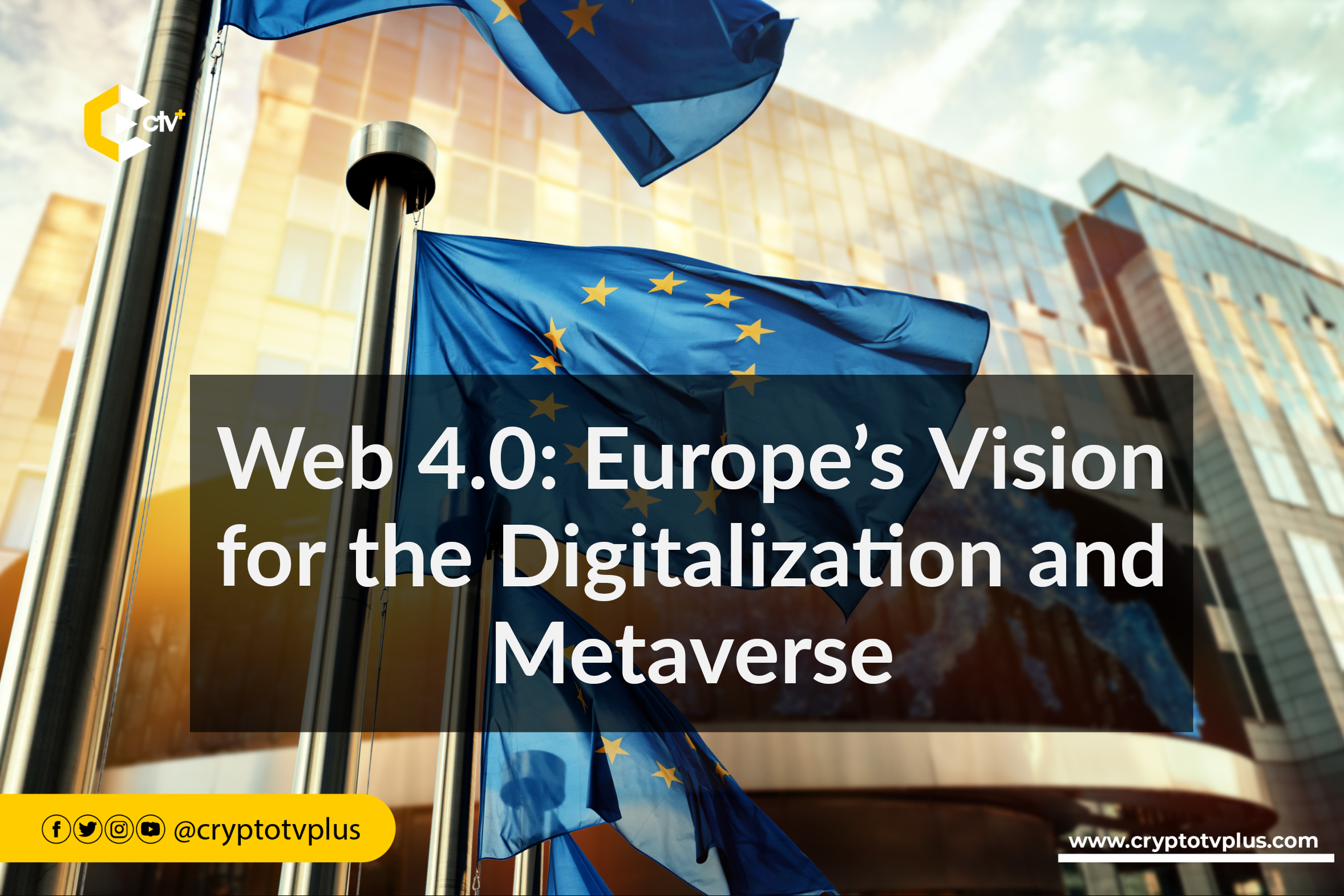
The European Commission has unveiled its strategy for embracing the latest advancements in the online realm, referred to as Web 4. The commission is adopting a fresh approach to Web 4.0 and leveraging virtual worlds as a basis for the forthcoming technological shift.
Its vision is to establish “an open, secure, trustworthy, fair, and inclusive digital environment for EU citizens, businesses, and public administrations.”
As the executive branch of the European Union (EU), the European Commission assumes various responsibilities such as proposing legislation, implementing policies, enforcing EU laws, and overseeing the day-to-day operations of the EU.
It comprises a college of commissioners, with each member representing a specific policy area. The President of the European Commission serves as the institution’s head and guides its activities.
The European Commission plays a vital role in shaping and implementing various EU policies and initiatives across multiple areas. These include the economy, trade, competition, environment, digitalization, and more.
It collaborates closely with other EU institutions, such as the European Parliament and the Council of the European Union, to ensure the smooth functioning and progress of the European project.
In addition, the Commission has been at the forefront of determining the global use of digital assets. Its development of MiCA (Markets in Crypto-Assets Act) spanned three years before finally receiving approval on April 20, 2023.
MiCA is a proposed regulatory framework that aims to establish comprehensive guidelines for the regulation of crypto-assets within the European Union. This regulation seeks to provide legal clarity, consumer protection, and market integrity in the rapidly evolving field of cryptocurrencies and digital assets.
The commission’s strategy for the virtual world envisions a future where individuals are empowered with the necessary skills to navigate and explore the digital realm. By 2024, they aim to provide a “Citizen toolbox” that equips people with the tools they need for virtual engagement.
Additionally, the strategy emphasizes the importance of supporting businesses in Europe to leverage these virtual tools. This will be achieved through the establishment of a “Partnership on Virtual Worlds” under Horizon Europe, which will foster research excellence and develop an industrial roadmap.
Furthermore, the strategy includes the incorporation of government activities into virtual worlds to promote societal progress and enhance public services. Lastly, there is a commitment to shaping global standards for open and interoperable virtual worlds and Web 4.0, ensuring a collaborative and interconnected digital landscape.
With the rapid evolution of the internet, the EU economy’s 2030 outlook emphasizes the crucial role of digitalization as a key driver. Moreover, given the projected market growth of the virtual world to €800 billion by 2023, the commission aims to ensure that the rights of individuals and businesses worldwide are duly considered.
Read also;
UK FCA Cracks Down on Crypto ATMs: 26 Shut Down In Coordinated Investigation



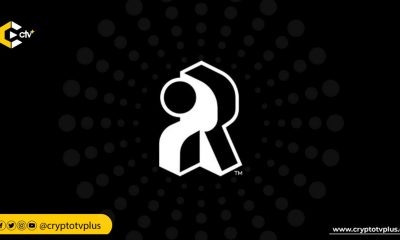

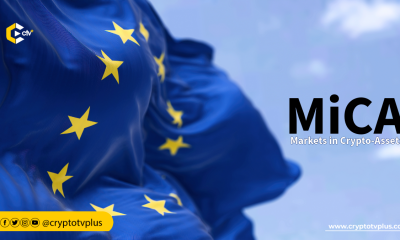



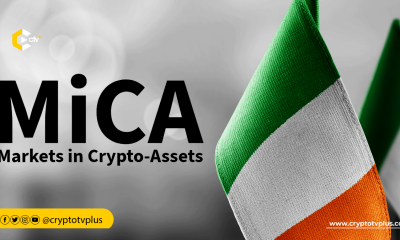

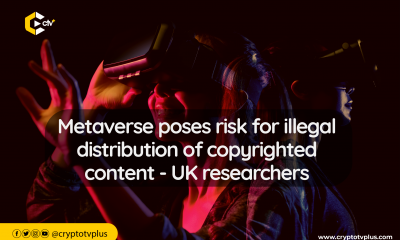













1 Comment